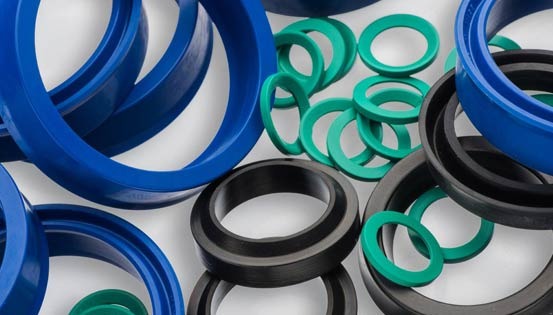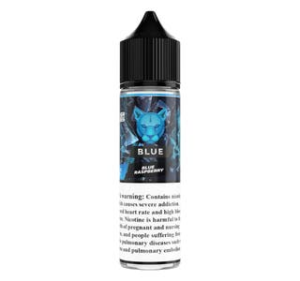What Are the Different Types Of Synthetic Rubber and Their Characteristics?
2 min read
The properties of synthetic rubber are quite diverse and are dependent on the application. For example, natural rubber has hard properties that are difficult to change, while synthetic rubber is much more flexible. Its characteristic elasticity is the key to its versatility. Here, we discuss some of the properties of synthetic materials. This article will provide an overview of some of the most popular types of these materials. We’ll also explore some of the most common types of these materials you can buy from synthetic rubber suppliers.
Ethylene Propylene Diene Monomer:
The chemical name of EPDM is Ethylene Propylene Diene Monomer. This is the most common type of synthetic rubber. It is resistant to liquids and has an extensive range of applications. This type of rubber is most useful in electrical filling and is widely used in the construction industry. Its low heat generation and damping characteristics are also important characteristics. For these reasons, natural and synthetic rubber are very similar.
Styrene-Butadiene:
Styrene-Butadiene (SBR) rubber is the least expensive type of synthetic rubber. It has good abrasion resistance, good impact strength, and high tensile strength. However, it lacks abrasion resistance and can be melted to produce a high-quality product. While natural rubber is naturally resistant, synthetic rubber has low anti-abrasion properties.
Natural rubber:
Natural rubber is the most versatile and natural rubber alternative. It is easy to process and is a better choice if you need a durable product that can withstand high temperatures. Furthermore, it is low-cost and offers excellent resistance to oil and grease. The main disadvantage of synthetic rubber is that it can cause allergic reactions. There are a few advantages and disadvantages. There is a wide range of applications where it should not be used.
Synthetic rubber is useful in applications that require flexibility, durability, and heat resistance. This makes it a popular material for applications such as rubber gaskets. It is also excellent in temperatures and has good heat-aging qualities. However, synthetic rubber is not suitable for some applications, such as ozone, strong acids, oil, grease, or hydrocarbons. It is used in a wide variety of applications and offers high-performance solutions. It is an excellent material for a range of industries. It is malleable and flexible and is used in a wide variety of products. The most common types of synthetic rubber are:


